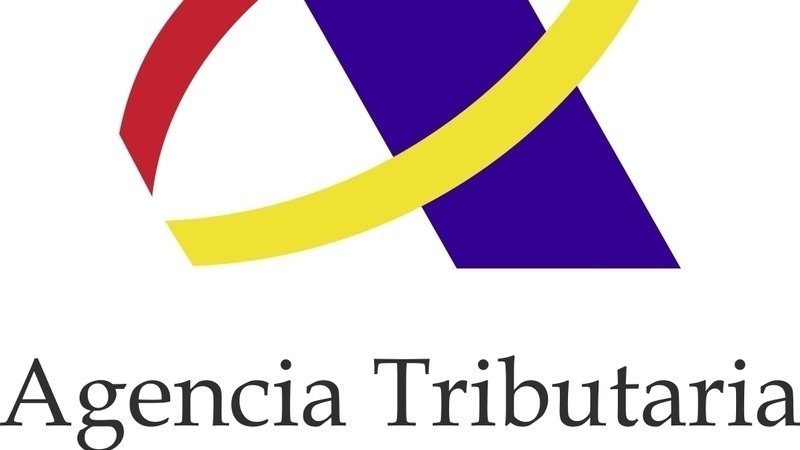The coronavirus, the corona pandemic, the corona financial crisis… Much else is not discussed these days, which is quite understandable since our current situation is historical. It is therefore no surprise we will also deal with corona and how it affects the cryptocurrency industry. The economy is ultimately just about people’s activity, and when the activity changes radically it also reflects on the economy – including the crypto economy.
The ongoing pandemic has heavily affected all forms of online commerce. People buy less, save more and invest more thoughtfully in these uncertain times. Both legal and illegal crypto commerce seems to have slowed down.
This week we will talk more about the declining commerce and its effects on the markets. Among other news we have Binance buying CoinMarketCap, hospitals protected from hackers and speculation over Monero’s creator.
Last week’s news can be read here.

Binance bought CoinMarketCap
Binance, the largest cryptocurrency exchange by market volume, has acquired CoinMarketCap. CoinMarketCap is currently the world’s most popular website for cryptocurrency price data. The deal was made at an undisclosed price, but according to Binance it has already been prepared for months.
“It’s by far the largest we have done so far,” said Binance’s CEO Changpeng Zhao regarding the acquisition.
While CoinMarketCap is the world’s most used source for cryptocurrency prices, the site has also faced criticism. According to claims CoinMarketCap has reported false prices and exchange volumes manipulated by exchanges. Now that CoinMarketCap is owned by Binance some have also questioned if the site can longer be regarded reliable.
“People might have doubts about whether or not CMC could maintain its independence afterward. It’s fair. But I think we should give the team a chance,” commented Lennix Lai, director of financial markets at OkEx.

Corona has slowed down Bitcoin commerce
The amount of Bitcoin transactions and purchases have plunged as a result of the corona crisis. While one could expect a global quarantine to increase online commerce, the opposite seems to have happened. The daily amount of Bitcoin transactions has fallen by roughly 100 000 for the past month.
Aside from cryptocurrency transactions, also the use of fiat in online commerce has significantly declined. According to Visa their payments decreased 4% during the past month. Also the popularity of other electronic payment methods seems to have fallen .
The plunge is probably explained by the unemployment and emerging recession caused by the epidemic. When people have less employment they also have fewer resources beyond necessary purchases. Internet purchases in turn are generally not necessary purchases, such as food and hygiene products.

Corona has affected black markets
The Internet’s black markets have also witnessed a quantitative decrease in bitcoin traffic, reports blockchain analysis company Chainalysis. According to the analysis, it seems black market volumes have also declined during the corona epidemic.
“Historically, darknet markets’ revenue (value of bitcoins sent to dark markets) has had a weak inverse correlation with bitcoin’s price,” Chainalysis stated, adding that this trend has now been reversed.
Average weekly bitcoin transfers to online black markets have fallen from $7 million dollars to $4.5 million dollars. Transfers to gambling sites in turn have fallen from $5 million dollars to $3 million dollars.
Chainalysis estimates that the financial despair caused by the epidemic is behind the change. Vendors accept less bitcoins, since they fear bitcoin’s price may drop. Buyers in turn have been forced to limit acquisitions as their employment and income has crashed.

Data experts try to protect hospitals from hackers
A team of cybersecurity experts around the world have founded a group to combat hackers and ransomware attacks targeting hospitals during the corona pandemic. Carrying the name COVID-19 CTI League, the group is comprised of experts from 65 countries specialized on cybersecurity and cryptocurrency extortions.
The past year has seen an increase in attacks and extortions against hospitals. Due to the ongoing epidemic extortions can cause serious damage and even cost human lives.
“Since the coronavirus crisis came out, I understood that attacking against the medical sector is a game-changer that can cause death. I decided to create a community of cybersecurity experts that want to spend their free time and to use their abilities to protect the medical sector. It gave us so much power to keep doing our job — to save a life,” states the group’s founder Ohad Zaidenberg.
A typical crypto extortion is based on infecting the hospital’s or another institute’s computer systems with malware locking them down. After this the hackers demand a certain sum in cryptocurrency, whereafter they possibly send a password to unlock the information.

Spanish tax authority warns 66 000 crypto users
The tax authority of Spain has started surveilling cryptocurrency-related taxation more actively than before. The local tax authority Agencia Estatal de Administración Tributaria started sending letters to crypto users in the beginning of April.
The AEAT sent notices to roughly 66 000 Spanish crypto users. This marks a notable increase compared to last year, when the authority sent roughly 14 700 similar letters. Aside cryptocurrencies the tax authority has laid special focus on any revenue earned outside the country.
“This does not affect us much in the companies in the industry that have been doing things well. I think they are only scaring the novice user by applying such measures, plus I don’t think they are going to collect much tax revenue from the cryptocurrency sector because they are not even regulated in our country,” said Javier Pastor, chief sales officer at the Spanish crypyo exchange Bit2me.

Satoshi Nakamoto may have also created Monero
A new research by the Monery Outreach organization indicates Bitcoin’s anonymous creator Satoshi Nakamoto may also have been involved in the creation of Monero. Monero is a privacy-focused cryptocurency and blockchain, in which tracing transactions is far more difficult than for instance with Bitcoin.
Monero’s original concept paper was published in December 2012. The paper’s writer used the name Nicolas van Saberhagen, which is a similar pseudonym as Satoshi Nakamoto. So far no one knows with certainty who created Monero.
According to Monery Outreach, Satoshi and Nicolas may very well be the same person or group. The organization points out that Satoshi had a clear need to develop a more private cryptocurrency than Bitcoin. In 2010 Satoshi presented ideas on the Bitcoin talk forum, which were later adopted as part of Monero. Furthermore Satoshi had seen how Bitcoin mining was being centralized to few big miner parties.
Monero Outreach also analyzed the concept papers of Bitcoin and Monero, noticing how the authors used similar language and expressions, including spelling errors. Both papers also used a similar style of illustration.
So far there is no certain evidence proving Satoshi would have been behind Monero. However, Monero Outreach believes their research gives credence to the possibility.

